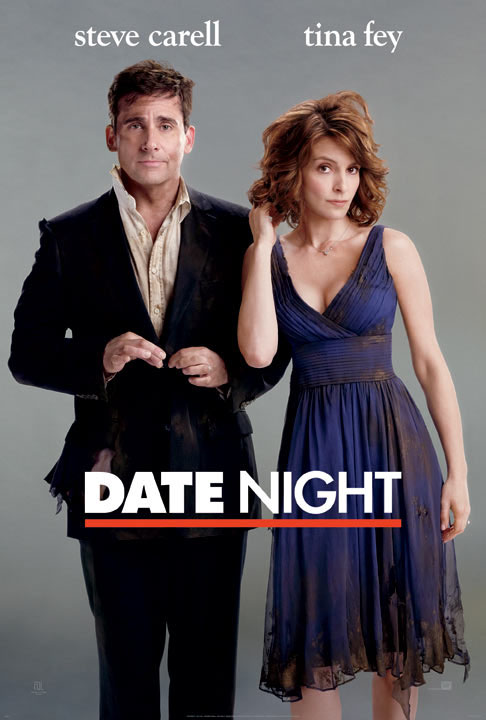Shakespeare's final masterpiece about revenge and sorcery is adapted by Julie Taymor to feature Helen Mirren as "Prospera," the exiled wife of a duke who practices magic to lure those responsible for her exile to an exotic island thriving with spirits.
I've been waiting for this movie for so long. I adore Shakespeare, on stage or on film, and Julie Taymor is one of the few directors I would trust with it. Her decision to change the main character from male to female was terrifying to me at first, but when I read the cast bill that said "Helen Mirren," my dread turned to euphoria. I was not disappointed. She was magnificent. Her voice is feminine and powerful all at once, her eyes are like burning coals, and her experience with the language of Shakespeare ensures that she will perform it perfectly. Ben Wishaw as Ariel was also very good. He was bone-white, naked, without any sex organs. Sometimes it looked like he had a woman's body, but then not. He appeared in water, trees, fire, and air. His movements were not classical, they weren't him simply flying around, he was definitely part of whatever medium he was moving in.
What I was disappointed in was Caliban. He is the one of the most confusing and mysterious characters in Shakespeare. They call him "a monster," and he is the son of Sycorax, a witch who imprisoned the spirit Ariel in a tree. However, most modern editions of "The Tempest" cast Caliban as a black man, a native of the island who is mainly "monstrous" because of his skin color and lack of Western behaviors. This makes the relationship between Proserpo/Prospera and Caliban very interesting and blurs the line between villain and hero. In the movie though, Caliban was very straightforward in my mind. He was animal-like, not very smart, naive, and difficult to understand. His looks complicated his character, his skin is patched with whiteness, as if he's supposed to be both black and white, but it wasn't really explained in any way. I did like the tribute the text with giving him one blue eye, since Sycorax is described as "the blue-eyed hag." The other moment of confusion was when there is a moment where Prospera and Caliban face off, just staring at each other. The whole movie they have been enemies, there is no doubt. But in that moment, there's a feeling of loss, almost as if they somehow harbor affection for one another in some strange, unexplained way. I wish that would have been studied more in the film.
The filming location was excellent, Hawaii, and the music was exceptional. It was weird and wide and deep and alive with different kinds of instruments. When there was a song written in the text, it was performed in the movie. Supporting actors were great, I didn't like Ferdinand very much, but I didn't like him in the play either, so he served his purpose. In a nutshell, it helps the experience to be very familiar with the play or at least a lover of great language and Helen Mirren, or else the movie would drag on and be hard to follow. I hope it gets recognition at this year's Academy Awards.

























.jpg)











